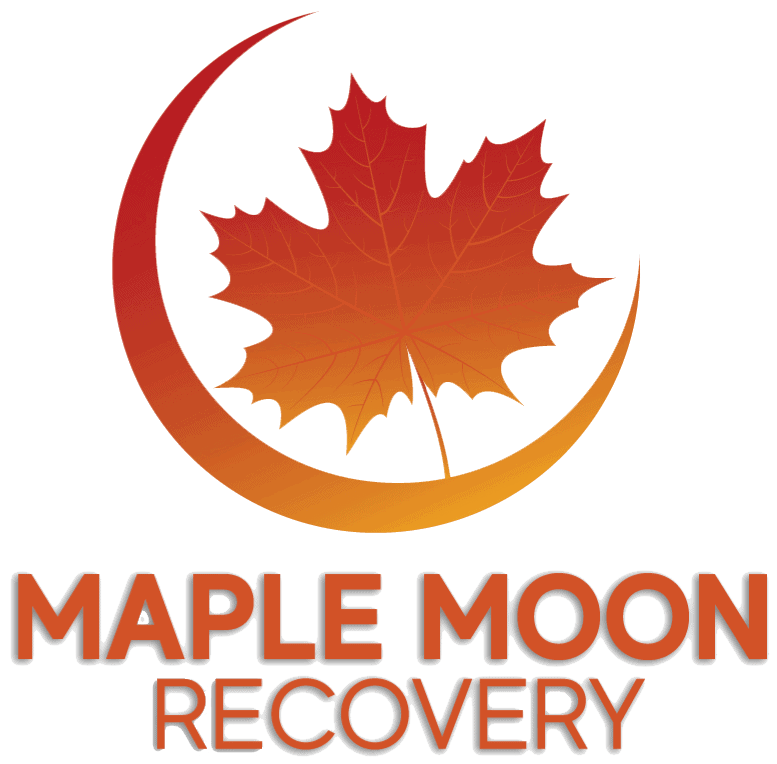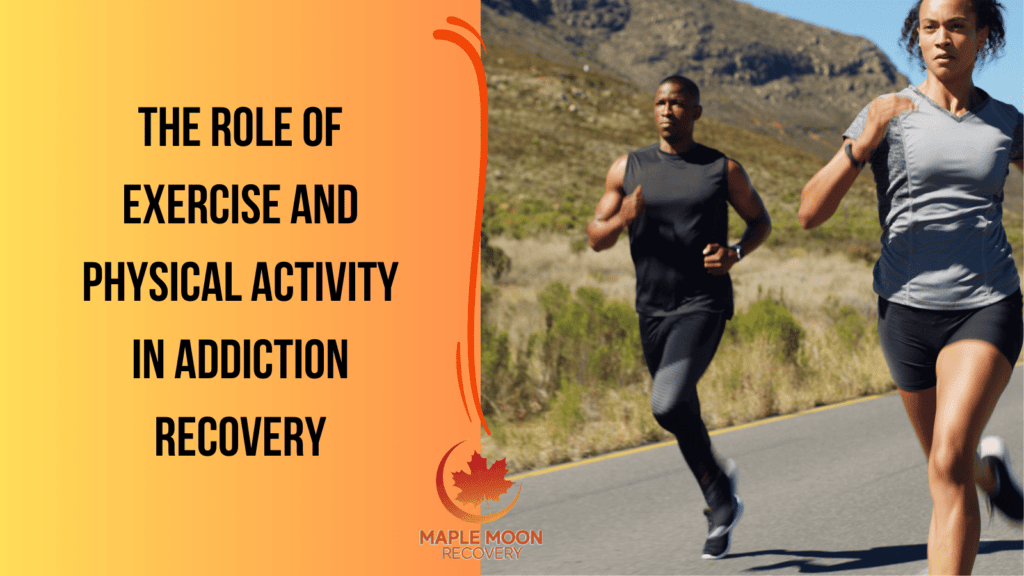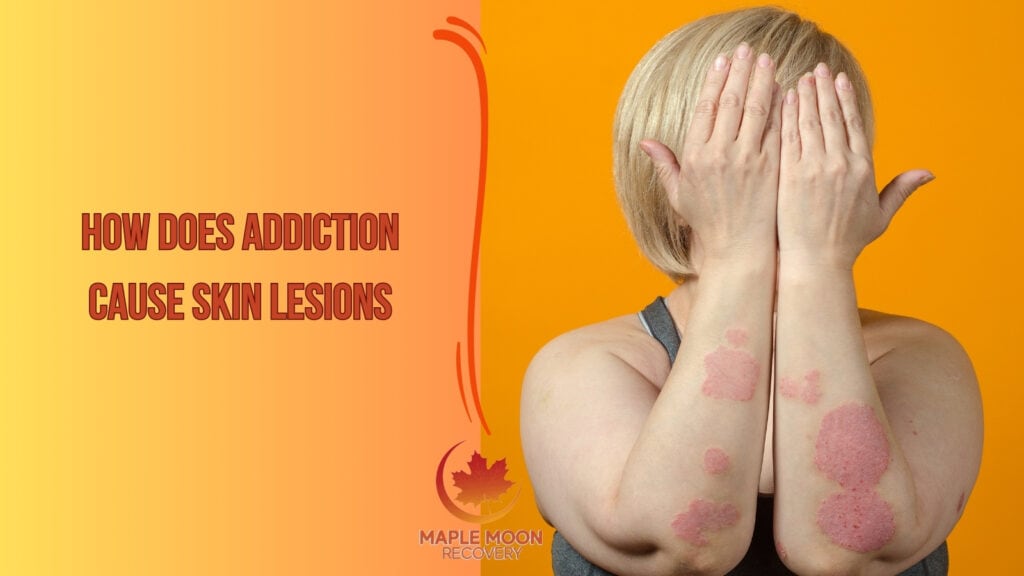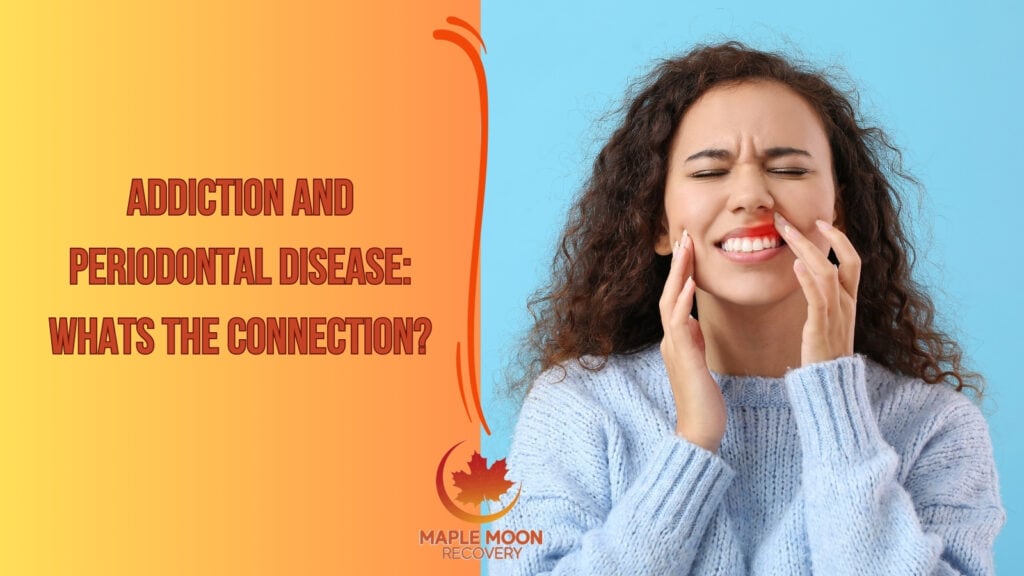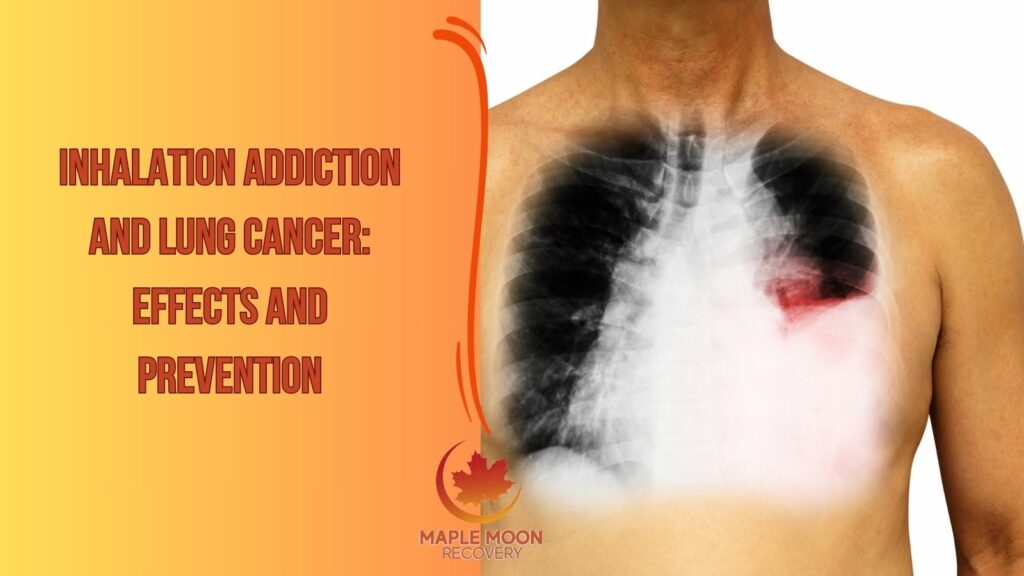In the intricate process of addiction recovery, the incorporation of exercise and physical activity stands out as a key element with far-reaching benefits. Far from being mere physical endeavors, these activities intertwine with the psychological and emotional facets of recovery, offering a holistic approach to overcoming addiction. The impact of exercise transcends the boundaries of physical well-being, seeping into the realm of mental health, where it acts as a formidable ally against the challenges of addiction.
The profound benefits of incorporating physical activity into addiction recovery programs are vast. The discipline of regular exercise can not only rebuild the body but also fortify the mind, providing a foundation for resilience and long-term sobriety. The relationship between physical activity and addiction recovery is one of profound synergy. Each movement, from the simplest walk to the most structured workout, is more than just physical exertion; it’s a step towards empowerment and transformation.
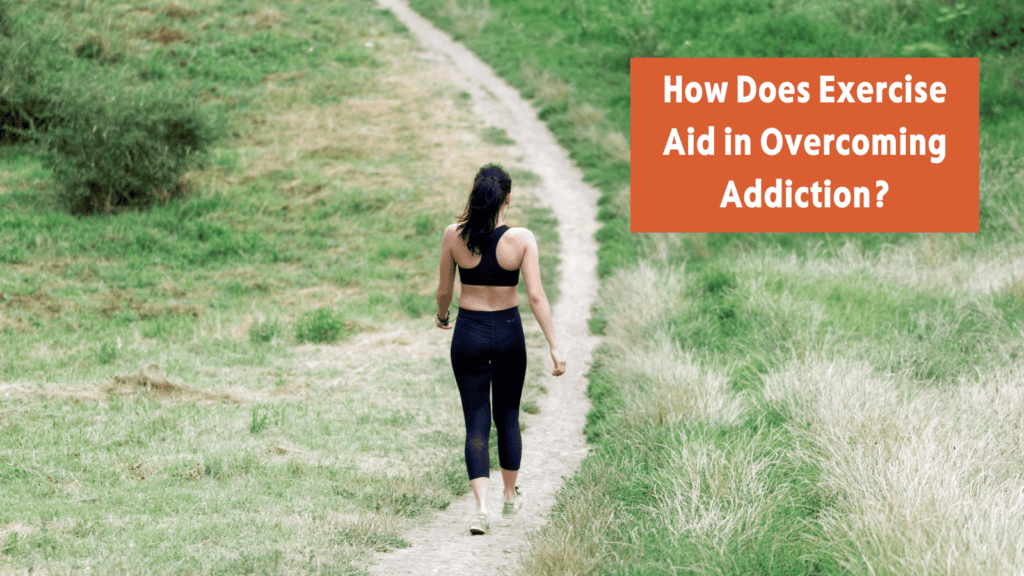
How Does Exercise Aid in Overcoming Addiction?
Exercise plays a pivotal role in the journey of overcoming addiction, serving as both a physical and psychological rehabilitative tool. Its benefits extend well beyond the obvious physical health improvements. Here are some key ways in which exercise aids in addiction recovery:
- Enhancing Brain Chemistry: Regular physical activity stimulates the release of endorphins, the body’s natural mood lifters. This helps in reducing the depression and anxiety often associated with addiction recovery. Exercise also helps in rebalancing the brain’s chemistry that might have been altered due to substance abuse.
- Reducing Cravings: Engaging in exercise can reduce cravings for addictive substances. Physical activity provides a healthy and productive outlet for the energy and restlessness that often accompany withdrawal and recovery.
- Improving Physical Health: Substance abuse often leads to deterioration in physical health. Exercise helps in rebuilding strength, improving cardiovascular health, and boosting the immune system, which are all critical in the recovery process.
- Building Routine and Structure: Incorporating exercise into daily life helps establish a routine, which is an important aspect of addiction recovery. A structured schedule reduces idle time and creates a sense of normalcy and stability.
- Enhancing Mental Focus and Clarity: Regular exercise improves cognitive functions, which can be impaired during addiction. It helps in enhancing concentration, memory, and decision-making skills.
- Boosting Self-Esteem and Confidence: Achieving fitness goals can significantly improve an individual’s self-esteem and body image, which are often negatively impacted by addiction.
- Providing Social Support: Group exercises or sports can offer a social framework for those in recovery, providing an opportunity to build relationships and receive support from peers who are on a similar journey.
- Offering a Healthy Coping Mechanism: Exercise serves as a positive coping mechanism to deal with stress and emotions, reducing the likelihood of turning to substances as a form of escape.
The Psychological Benefits of Exercise in Addiction Treatment
Exercise is not just a physical activity; it also plays a significant role in psychological healing, especially in the context of addiction treatment. Engaging in regular physical activity brings about a host of psychological benefits that are crucial for individuals recovering from addiction. Here’s an insight into how exercise contributes to psychological well-being during addiction treatment:
- Boosts Mood and Reduces Depression: Exercise stimulates the release of endorphins and serotonin, natural mood enhancers that can alleviate feelings of depression and anxiety, common challenges faced during addiction recovery.
- Enhances Stress Resilience: Regular physical activity is known to reduce stress levels. It helps in managing the physiological responses to stress, making individuals more resilient and better equipped to handle the stresses of recovery.
- Improves Sleep Patterns: Addiction often disrupts sleep patterns. Exercise can help regulate and improve sleep quality, which is essential for mental health and effective recovery.
- Increases Self-Esteem and Confidence: Achieving fitness goals and improvements in physical appearance can significantly boost self-esteem and body image. This enhanced self-perception is vital for building confidence in one’s ability to overcome addiction.
- Sharpens Mental Focus and Cognitive Functions: Regular exercise has been shown to improve cognitive functions such as memory, attention, and decision-making skills. This mental clarity is crucial for individuals in recovery, helping them make healthier choices and stay focused on their sobriety goals.
- Facilitates Emotional Regulation: Engaging in physical activity provides a constructive way to cope with and express emotions. It can serve as an outlet for frustrations and negative feelings, aiding in emotional regulation.
- Encourages Mindfulness and Present Moment Awareness: Activities like yoga and tai chi emphasize mindfulness and connection between body and mind. This awareness can be particularly beneficial in addiction treatment, as it encourages individuals to live in the present and be mindful of their recovery process.
- Provides a Sense of Achievement and Purpose: Completing exercise routines or reaching fitness milestones can give individuals a sense of accomplishment, which is important for maintaining motivation in the recovery journey.
- Improves Metabolism: Regular exercise helps in regulating metabolism, which can be disrupted due to substance abuse. A well-functioning metabolism aids in better digestion and better nutrition.
Can Regular Exercise Reduce Relapse Rates in Addiction Recovery?
Regular exercise has emerged as a promising factor in reducing relapse rates among individuals in addiction recovery. It serves as a multifaceted tool addressing physical, emotional, and psychological aspects of recovery. By alleviating stress, regulating mood, and providing a constructive coping mechanism, exercise reduces the likelihood of succumbing to triggers and cravings.
Moreover, it promotes healthier sleep patterns, enhances self-esteem, and establishes a structured routine, all of which are crucial in maintaining sobriety. Additionally, the sense of community in group exercise fosters social support, while neurological changes and increased resilience further empower individuals in their recovery journey. While exercise alone may not be a panacea, its holistic benefits make it a valuable component in reducing relapse rates and supporting individuals in achieving sustained sobriety.
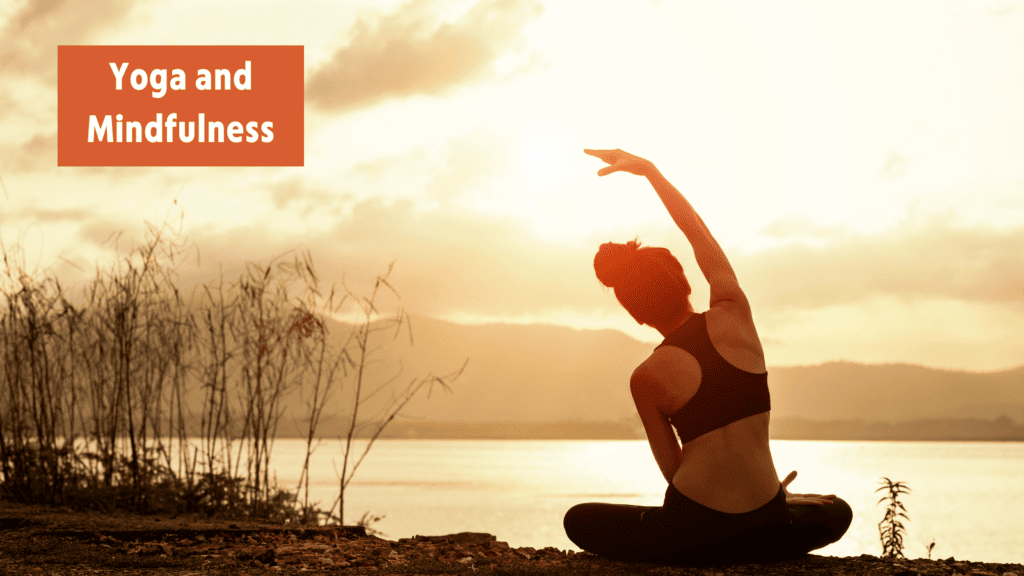
Yoga and Mindfulness in Addiction Recovery: A Holistic Approach
In addiction recovery, the integration of yoga and mindfulness is transforming the healing process. These ancient practices have become common and valued components, offering comprehensive support for those on the path to recovery.
Yoga’s Role in Recovery:
Yoga extends beyond physical exercise. It reduces stress, enhances physical well-being, and fosters emotional regulation. It promotes self-awareness, helping individuals understand the emotional aspects of addiction.
The Power of Mindfulness:
Mindfulness, a mental practice, aids in craving management, stress reduction, and improved decision-making. It cultivates self-awareness, empowering individuals to make conscious choices and break destructive habits.
Together, yoga and mindfulness provide a holistic toolkit for individuals seeking sobriety, addressing physical, mental, and emotional aspects of recovery.
It is evident that addiction recovery is not a one-size-fits-all endeavor. It is a profound transformation that requires a multifaceted approach, where every step, every stretch, and every moment of mindfulness carries the power to heal and rejuvenate. Exercise and physical activity is proven to help reduce stress and create healthy habits for someone struggling with addiction.
Maple Moon Recovery Can Help
Detox is the first step in addiction recovery. Exercise and physical activity is a large part of the detox process. A detox program like the one at Maple Moon Recovery, can help you or your loved one begin on this path. Our compassionate team, comprehensive programs, and commitment to your recovery journey are unwavering. If you or a loved one are seeking a path to sobriety that embraces the full spectrum of your well-being, we invite you to take the first step with us.
Your story of transformation and renewal begins here, with us. Contact Maple Moon Recovery today, and let us guide you towards a brighter, healthier future—one that embodies the essence of holistic wellness and sustained recovery.
